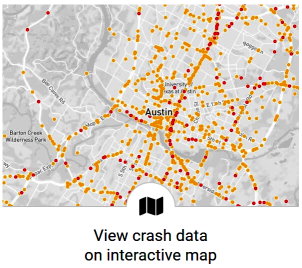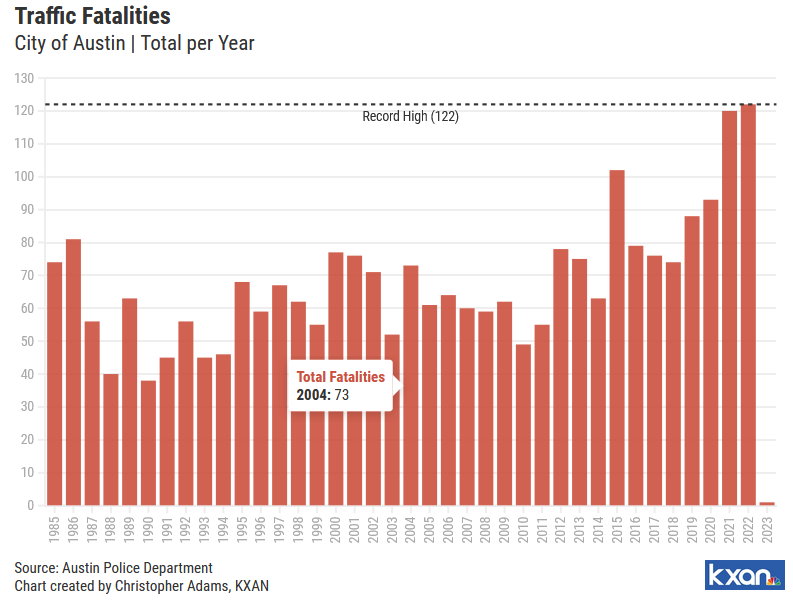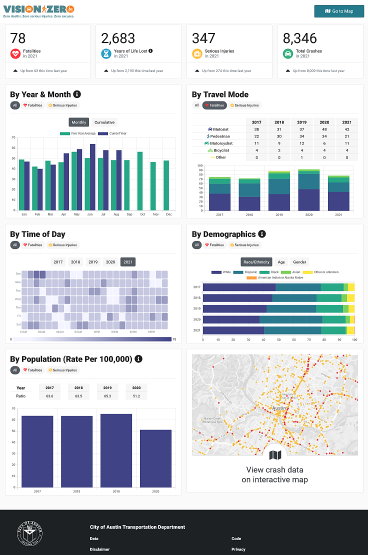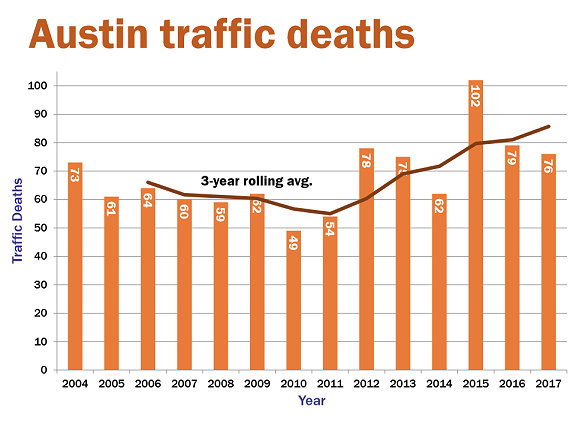AUSTIN (CBSDFW.COM) — While there were fewer people on the roadways and fewer traffic crashes throughout the year, 2020 saw a spike in the number of fatalities overall and deaths of Texans from not wearing seat belts.
Last year, the simple act of buckling up saved many Texans from death or serious injury in crashes. Unfortunately, in 2020 there was a 16% increase in deaths of unbuckled motorists. There were 1,073 fatalities in 2020 and 926 fatalities in 2019 due to people not wearing seat belts.
Putting on a seat belt is quick and reduces the risk of dying by up to 45% for people in the front seat of passenger cars and up to 60% for people in pickup trucks.“Wearing a seat belt is the most important step we can take to protect ourselves from serious injury or even death in a traffic crash. Instead of putting yourself and others in danger, remember: buckle up day and night, every rider, every ride,” Texas Department of Transportation (TxDOT) Executive Director James Bass.
Research shows pickup drivers and passengers continue to lag in seat belt use. Close to half of all pickup drivers killed in crashes last year in Texas were not wearing a seat belt. Additionally, people driving at night wear their seat belt less often, even though it’s a more dangerous time to drive. Last year, 59% of all crashes in which unbuckled drivers or passengers died occurred at night.
From May 24 to June 6, as the summer driving season starts and families head to Memorial Day celebrations, Texas officers and deputies will step up enforcement of the state’s seat belt and child car seat laws. Texas law requires everyone in a vehicle to be properly secured in the front or back seat or face fines and fees up to $200. Children younger than 8 years old must be restrained in a child safety seat or booster seat unless they are taller than 4 feet 9 inches. If a child isn’t secured, the driver faces fines of up to $250.
From 2002 to 2019, the Click It or Ticket initiative in Texas is estimated to have saved more than 6,000 lives, prevented more than 100,000 serious injuries, and resulted in $23.6 billion in economic savings, according to the National Highway Traffic Safety Administration.




